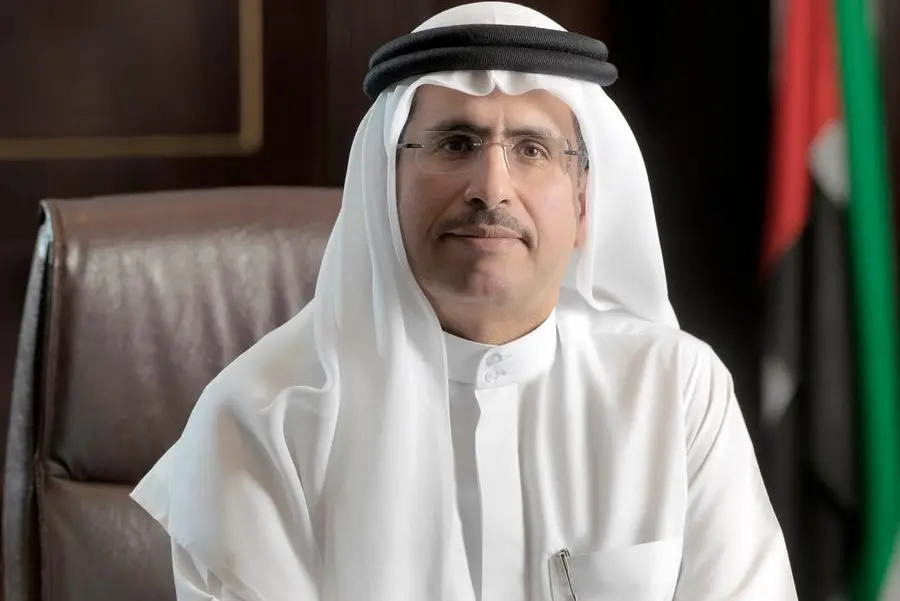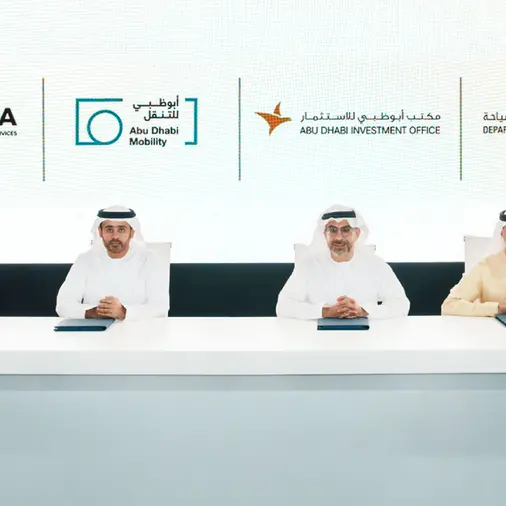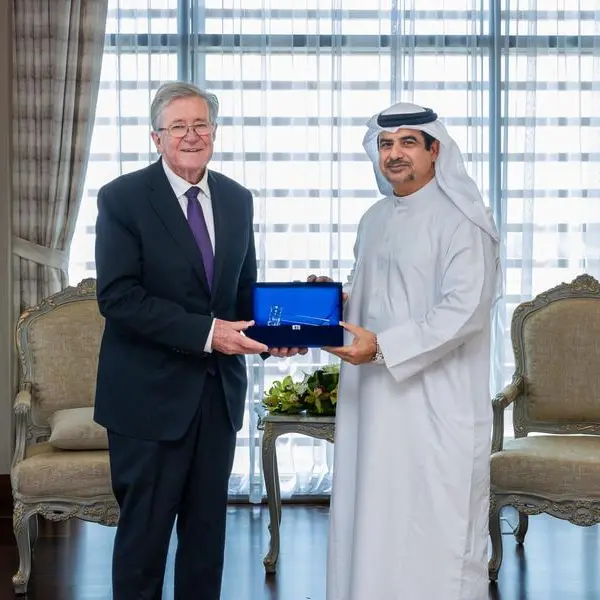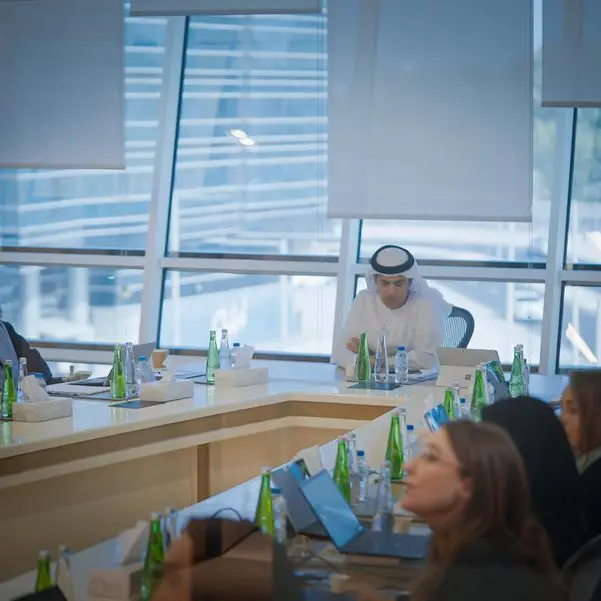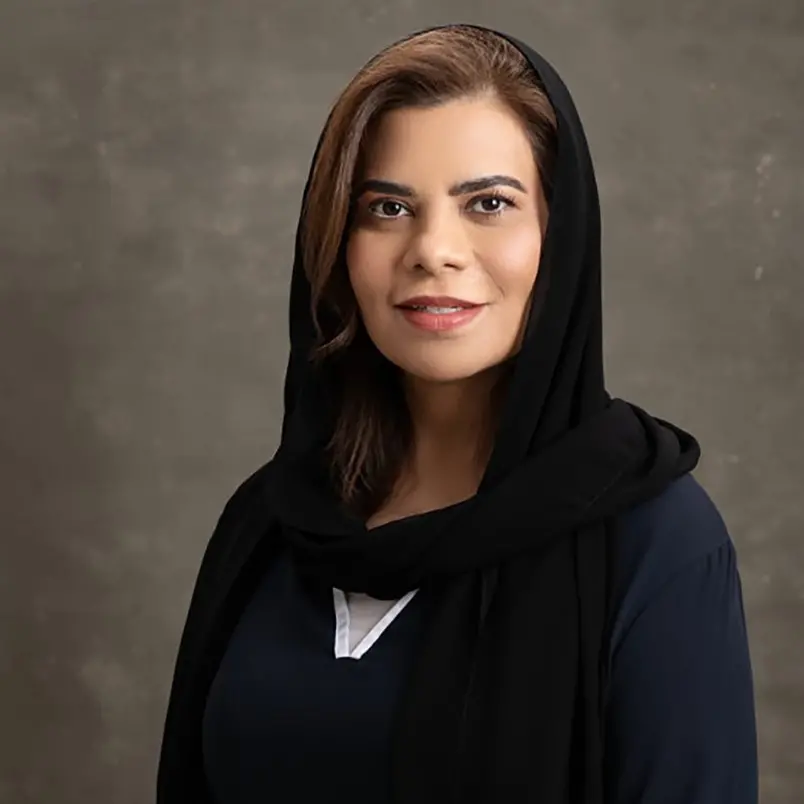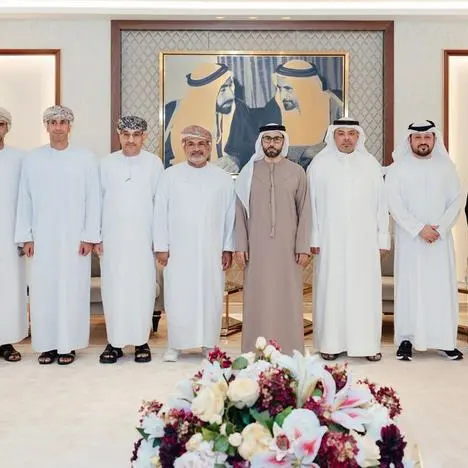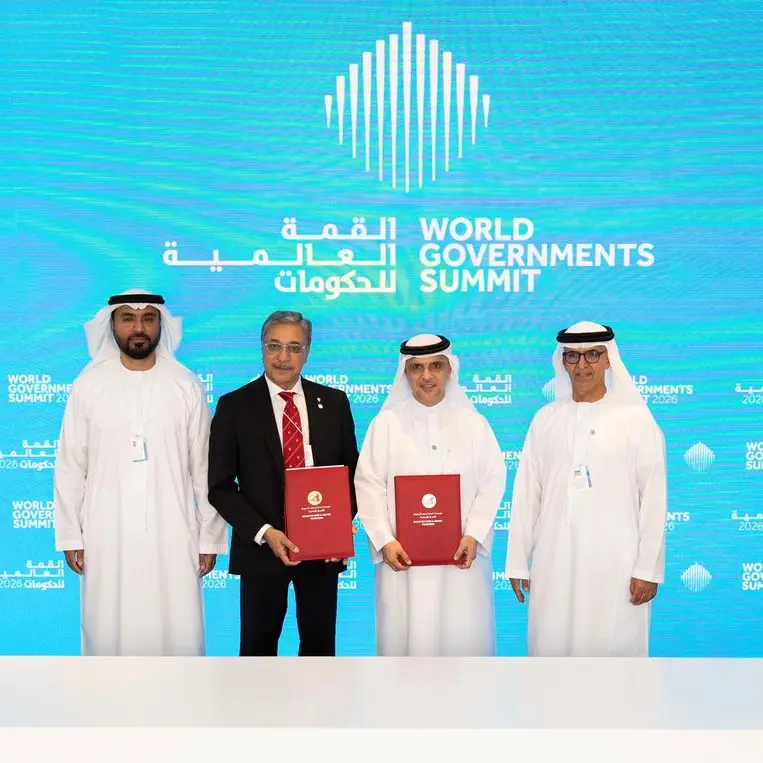PHOTO
Dubai, UAE: Many regions around the world, including Europe and the Americas, face significant challenges in ensuring the stability of energy and water networks, especially with the increasing pressures resulting from climate change, digital transformation and rising demand. In 2025, several European countries experienced frequent power outages due to weather fluctuations and inefficient ageing infrastructure, among other reasons. This gap highlights the importance of smart infrastructure and proactive investments, which Dubai Electricity and Water Authority (DEWA) embodies through its world-leading systems.
DEWA is the government entity responsible for the generation, transmission and distribution of electricity, as well as the provision of desalinated water in Dubai. Committed to the highest standards of reliability, sustainability and efficiency, DEWA champions smart and innovative solutions to achieve net zero. In recent years, the corporation's customer base has grown significantly, with the number of accounts rising to 1,270,285 by the end of 2024, an annual increase of 4.85%. These figures reflect DEWA's commitment to meeting rising utility demands in Dubai while also enhancing service quality and emergency preparedness.
DEWA is implementing strategic projects to enhance the efficiency and reliability of electricity and water networks. These include the continued expansion of transmission and distribution infrastructure, as well as initiatives to raise production capacity and advance storage and clean energy systems to ensure network stability. With a production capacity of 17,879 megawatts of electricity and 495 million imperial gallons of desalinated water per day, DEWA’s state-of-the-art infrastructure meets the highest international standards.
DEWA developed a smart grid strategy that relies on artificial intelligence (AI) and the Internet of Things (IoT) to monitor its networks and analyse 15 million data points daily, enabling immediate detection and remote repair of faults before they escalate. These systems contributed have contributed to DEWA recording the world’s lowest electricity customer minutes lost (CML) per year, with an average of 0.94 minutes in 2024. Over the last 10 years, DEWA has outperformed leading utility companies in the Europe and the United States. Water distribution system losses stood at 4.5%, ranking among the lowest globally.
Line losses in electricity transmission and distribution networks were 2%, compared to 6%-7% in Europe and the US. DEWA has become a global role model for energy efficiency and reliability, as well as for keeping pace with growing demand. DEWA continues to enhance its operational capabilities and develop its smart infrastructure through well-considered plans and strategic investments. These efforts keep pace with rapid growth in demand for essential services while supporting the development of Dubai’s vital infrastructure in line with its sustainability vision and the Dubai Clean Energy Strategy 2050.
“We work in line with the vision of our wise leadership to provide sustainable and reliable electricity and water services, while enhancing readiness and resilience for emergencies and crises. We apply the best international practices in risk management and business continuity, supported by an advanced digital infrastructure and smart systems that contribute to monitoring proactive indicators and responding immediately to emergency situations,” said HE Saeed Mohammed Al Tayer, MD & CEO of DEWA.
“We continue to strengthen co-operation with various government and private organisations to ensure co-ordinated efforts and to enhance the emirate’s readiness to deal with various operational and environmental scenarios. This integrated approach highlights DEWA’s commitment to building an advanced and flexible infrastructure that supports sustainable development in the emirate of Dubai and provides the highest levels of comfort and safety for residents and visitors, in line with the UAE’s plans and strategies to achieve leadership in global competitiveness indicators,” added Al Tayer.
Supervisory Control and Data Acquisition (SCADA) Centre
In 2014, DEWA launched the first phase of the Supervisory Control and Data Acquisition (SCADA) Centre for water transmission at its Sustainable Building in Al Quoz. This is part of DEWA’s efforts to achieve digital transformation using cutting-edge operational technology. It enables round-the-clock remote monitoring of Dubai’s 2,300-kilometre water network, including transmission pipelines, pumping stations and reservoirs – a feat made possible by the installation of more than 8,500 smart devices. DEWA is currently implementing the second phase of the system to include the water distribution network, and is continuously expanding the transmission network.
Proactive measures to deal with emergencies
DEWA is enhancing the resilience and reliability of electricity networks in emergency situations through smart infrastructure supported by the latest Fourth Industrial Revolution technologies. These efforts include expanding the use of smart grid systems, which rely on an integrated set-up of advanced sensors, automatic controls and artificial intelligence. These technologies allow real-time monitoring of network performance and detect imbalances within a fraction of a second.
DEWA’s electricity transmission lines extend over 15,000 kilometres, supported by a network of smart substations managed remotely via advanced SCADA systems. This ensures stable electrical supply even in exceptional circumstances. DEWA also adopts proactive strategies to manage sudden faults, including alternative electricity supply routes to minimise downtime. Additionally, DEWA uses nanosatellites, drones and smart robots to periodically inspect overhead and underground lines, and to predict potential issues before they escalate.
DEWA is also increasing the share of clean energy through the Mohammed bin Rashid Al Maktoum Solar Park and the 250MW hydroelectric power plant in Hatta, which enhances network resilience, offering a sustainable source of supply during crises. Modern energy storage systems also contribute to load balancing and provide an emergency reserve that ensures service continuity.
Smart Response
DEWA’s Smart Response service, accessible through its website and smart app, allows customers to diagnose electricity and water interruptions. It also streamlines reporting processes and reduces the time needed for technical team visits. In the event of a power outage in a home or building, DEWA advises customers to identify the affected areas and check the internal distribution board. If a circuit breaker is disconnected, a qualified technician may be required. If all breakers are on, customers can follow the Smart Response instructions on the smart app.
For water interruptions, DEWA recommends that water tanks and internal connections comply with its specifications to ensure continued supply, including a tank with a 24-hour capacity. These systems should be maintained regularly to prevent blockages. The DEWA Store on the smart app lists approved maintenance companies offering exclusive discounts for DEWA customers. Guidelines and tips to ensure safe and uninterrupted electricity and water supply during rainfall are available at www.dewa.gov.ae/rain.
Community readiness is also crucial. DEWA conducts joint training exercises with government and private sector entities to simulate complex emergency scenarios, such as large-scale outages or severe weather, to ensure technical teams are prepared and response plans are in place in line with international best practice. This is supported by digital platforms that allow customers to report faults and receive real-time updates, reinforcing DEWA’s commitment to quality and sustainability. DEWA also provides several communication channels for customers to submit reports around the clock, along with smart apps that enable them to monitor and report outages easily. These services help shorten response times and reduce the impact of service interruptions.
